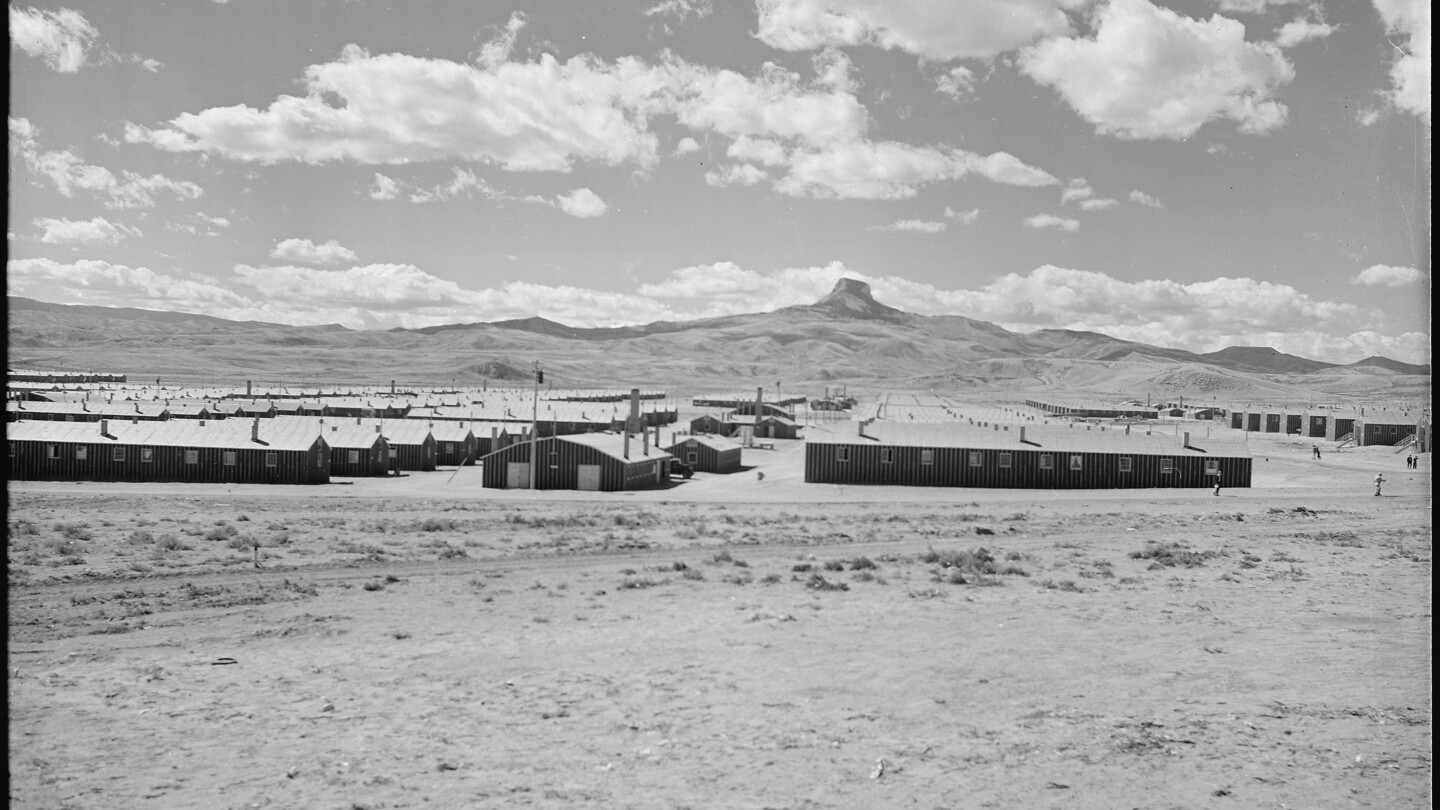Undeveloped

The most expensive, state-of-the-art stadium ever built, and at no cost to taxpayers.
But wait! There's more!
Okay, I added that last line because I couldn't resist. The spiraling hype around the proposed $1.86 billion stadium in Inglewood really feels like one of those extended infomercials in which the miraculous capabilities of the product being hyped just keep coming. As in: it's not just a stadium, it's real-estate history. And it's not going to be just any big development, but the one -- The One -- that's going to launch modest Inglewood over the top and into a civic league to which it's never belonged. Oh yes, it's also going to finally restore pro football to L.A. (Inglewood is L.A.-ish, close enough) and put our city of the future in the limelight where it's always belonged. Pro sports and Hollywood go together. The spectacle of fans clad in Rams gear, part of the fevered throng that packed the Inglewood city council meeting this week, made that clear. At the end of that very long meeting the council voted unanimously to throw out zoning and environmental reviews and fast-track The One. The crowd cheered. A happy ending, or an exciting new beginning, as the triumphant plot twist vanquishes doubts of the past and the credits to this movie rolls.
The stadium-enhanced development of the already multifaceted development under way at Hollywood Park is a project on steroids. The array of amenities being planned is almost bewildering: 2,500 new residences, six or seven office buildings, a shopping center fifty percent bigger than the Grove. It's all one massive project that's starting to feel like Inglewood Island, a new de facto center of town where all the good stuff will go and the rest of the city will merely exist. Maybe I'm wrong and we'll all benefit from a trickle-down. But I'm uneasy that this everything-but-the-kitchen-sink development now has a life of its own that no one can oppose, certainly not residents. Now that developers have gotten their petition signatures for a ballot initiative that won't happen, we hardly matter. At the council meeting there were a few critics who came to the mic during the public comment to sound notes of caution, but they were easily overwhelmed.
I do get the enthusiasm. The idea of such explosive and high-profile growth is literally too much for people in this town not to like. The momentum now feels cosmic, not to be messed with: first the Forum gets back on its feet, sans sports teams, and now perhaps a long-gone sports team returns, in a new, high-tech stadium to boot. The storyline is irresistible, chiefly because Inglewood hasn't really had a good storyline in a long while. Development comes in fits and drabs here, and it isn't exactly glamorous. We had to fight just to get a Fatburger. Not so long ago, the previous mayor was lauding the advent of chain restaurants like Red Lobster and Chili's as incontrovertible proof that "Inglewood is on the move." Look at us now -- everything we ever wanted, on one site. Real transformation is just one massive construction job away.
Very tempting, but I've been burned too many times before to believe. My sister, who works as a lawyer downtown and like me, grew up in Inglewood, is encouraging me to see the mega-development as growth akin to what happened and is still happening downtown. People are moving into revamped urban areas that offer a street-level lifestyle like New York or San Francsico. Everything you need within walking distance, which is a big draw. Living next to a stadium or a performing arts space or a bunch of office buildings (or, I suppose, in the flight path of a major airport) is part of the new lifestyle. It's edgy, adventurous, at least for L.A. Inglewood, my sister argues, could benefit from that trend.
I don't know. To begin with, Inglewood isn't downtown, it's technically a South Bay suburb built to discourage street life, except for its own downtown, which has potential but remains anemic. Even if everything gets built at Hollywood Park, it won't be enough -- the whole city has to transform to some degree in order for growth to be real. And I confess, I'm still missing Hollywood Park itself. I still stand at the picnic tables at Darby Park three times a week and overlook what used to be the racetrack and regret that Inglewood never maximized the assets it already had. I worry that this shiny new development is on some kind of collision course with a city that never saw fit to re-develop its own center of town, its heart, ignoring it or waiting instead for outside validation. I remember the Howling Monk coffee bar and jazz spot on Market in the 2000s that portended so much, but it never was joined by other viable businesses and, not able to survive as an island, it eventually closed.
Though only one business, the Monk was an anchor because it was a real seed of the kind of local vision and validation that can never be imported. Market Street has some good spots, but it struggles. It feels left to its own devices. More so now than ever.


